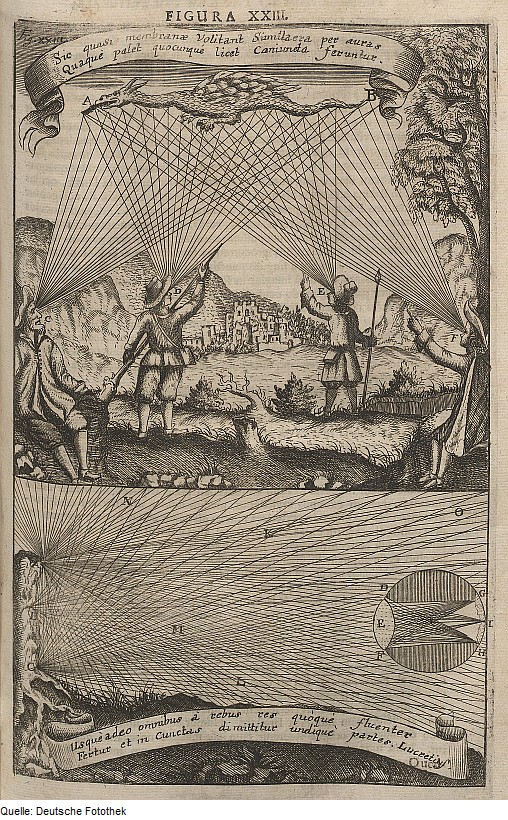So, much like calling a species “more evolved” than another, calling a society “more advanced” than another assumes a proper trajectory which societies have some natural inclination to follow. Furthermore, it treats Western Europe as the blueprint for that proper trajectory. There are many reasons that a very ancient society might lack any given technology and many reasons that a very young society might possess any given technology.
The main thing we tend to associate with societal “advancement” is institutionalization. Societies which organize themselves around large, centralized institutions - governing bodies, standardized educational systems, large-scale public works, etc. these are the hallmarks of an institutionalized society. And historically, institutionalized societies do tend to grow more institutionalized with time.
Many of the technologies you list here were invented to address the needs of institutionalized societies - they wouldn’t be invented by a decentralized, nomadic, hunting and gathering society, not because such a society hadn’t had enough time to “advance,” but because they are organized in such a way which does not create demand for them.
Historically, the biggest driving factor in societal institutionalization is the need to move large quantities of water. Water is essential to life, and it is very heavy, so when you have a group of people who need to move a lot of water from one place to another to live, they generally need some sort of top-down organizational structure to get it done. Societies with easy access to water and no need to move it tend to be less top-down, less centralized, less institutionalized.






